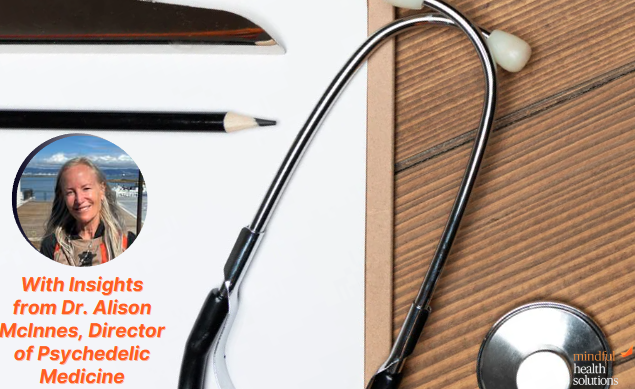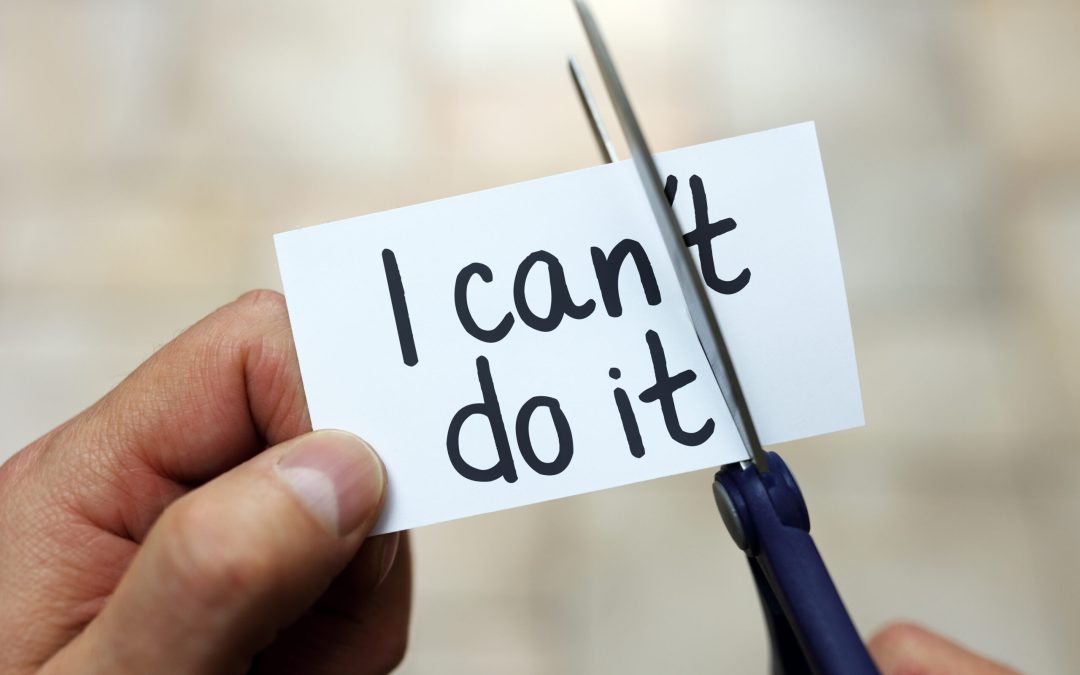
by Mindful Health Solutions | Feb 19, 2025 | Articles and Blogs
Ketamine. Some know it as a general anesthetic used in operating rooms since the 1970s. Others may have heard references in relation to substance use. But for those struggling with depressive orders, including Treatment-Resistant Depression (TRD), Bipolar Disorder, or...

by Mindful Health Solutions | Feb 11, 2025 | Articles and Blogs
“Just think positive thoughts.” We’ve all heard the saying at some point, from well-meaning friends or family members when we’re going through tough times. But for those experiencing depression, it often feels like an empty sentiment. Depression is a draining disease,...

by Mindful Health Solutions | Jan 20, 2025 | Articles and Blogs
Depression doesn’t discriminate. One of the most common mental health disorders, depression affects more than 200 million people worldwide, more commonly affecting women than men. Symptoms can range from temporary mood changes to ongoing difficulties in all aspects of...

by Mindful Health Solutions | Dec 17, 2024 | Articles and Blogs
You’ve scheduled your IV ketamine therapy … now what? Mindful Health Solutions is here to guide you through the process so you know what to expect. Our clinicians are with you every step of the way to ensure you are comfortable, confident, and prepared for this...

by Mindful Health Solutions | Dec 10, 2024 | Articles and Blogs
At some point in our lives, we all get caught up in repetitive thinking, experience anxiety over certain situations, and dwell on unpleasant thoughts of the past. When we start to regularly slip into this mode of cyclical destructive thoughts – focusing on and blaming...






